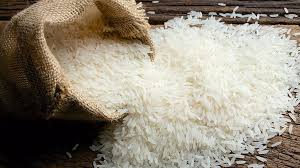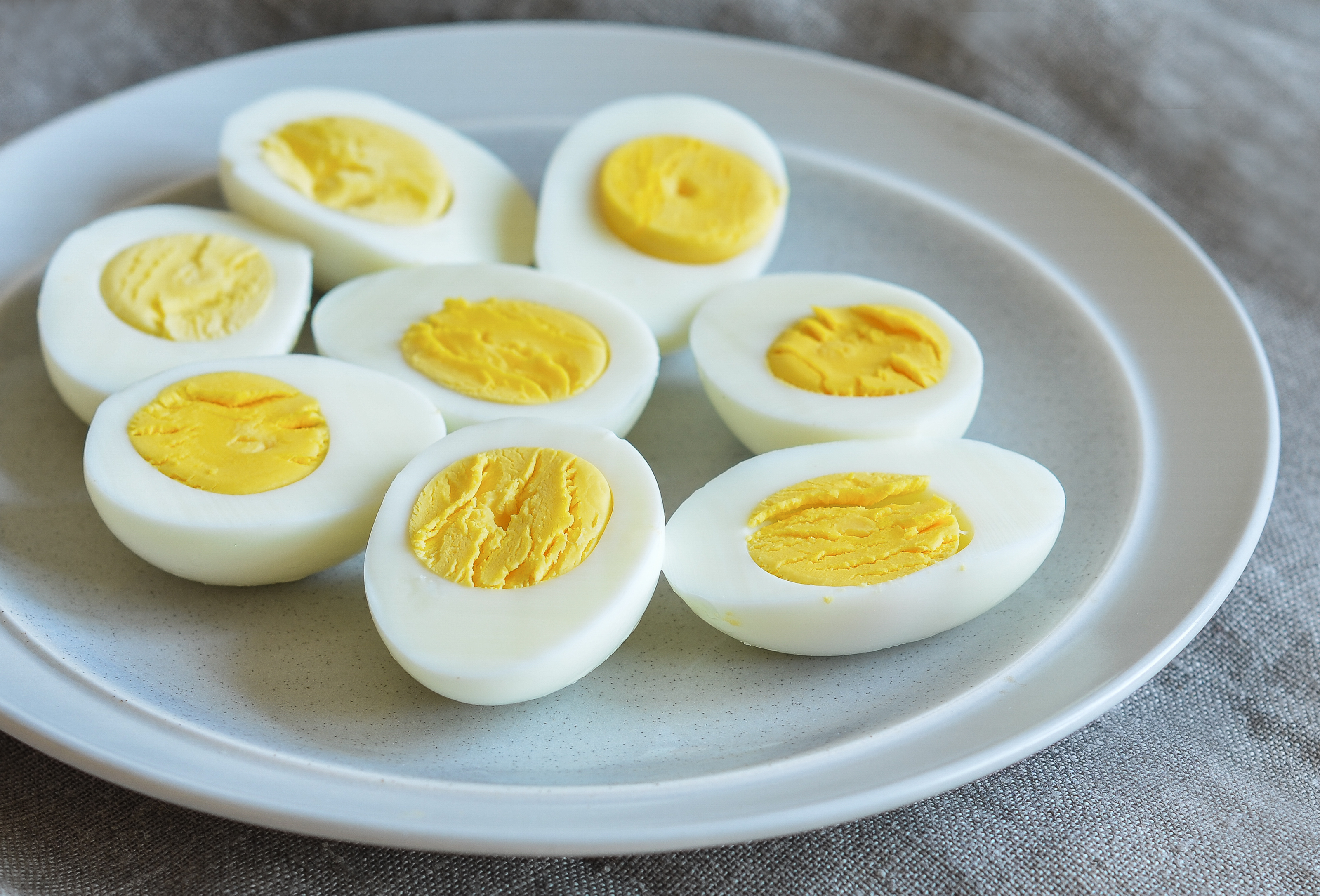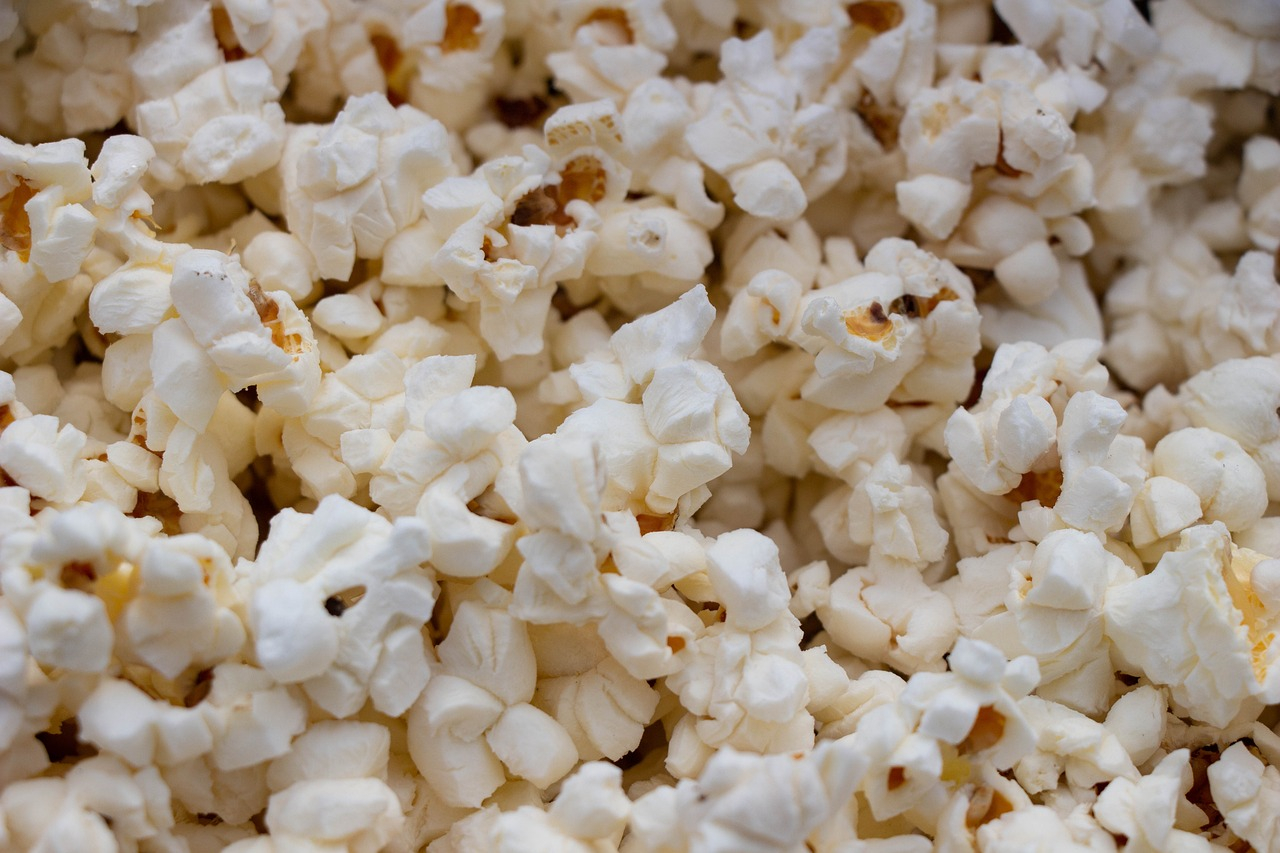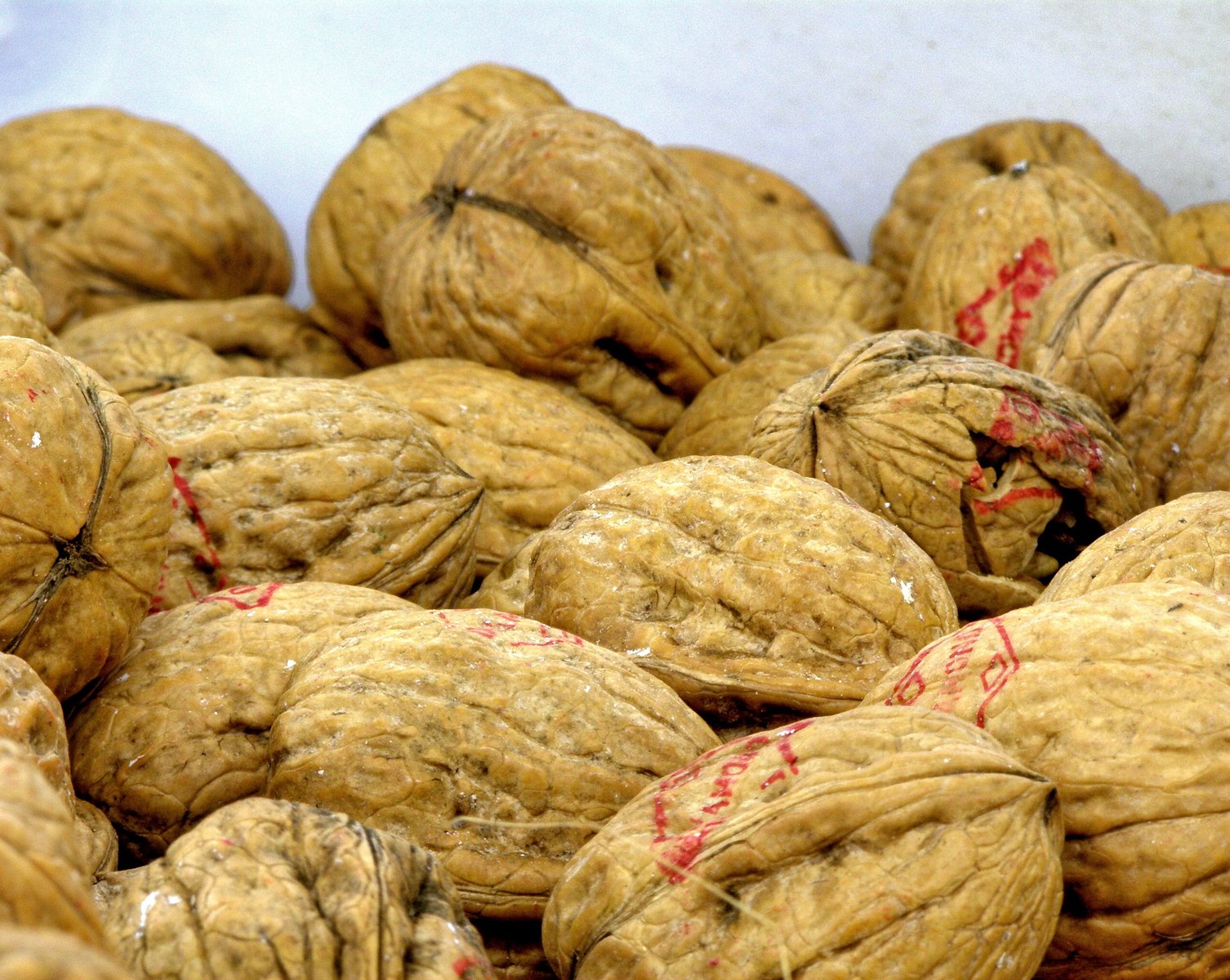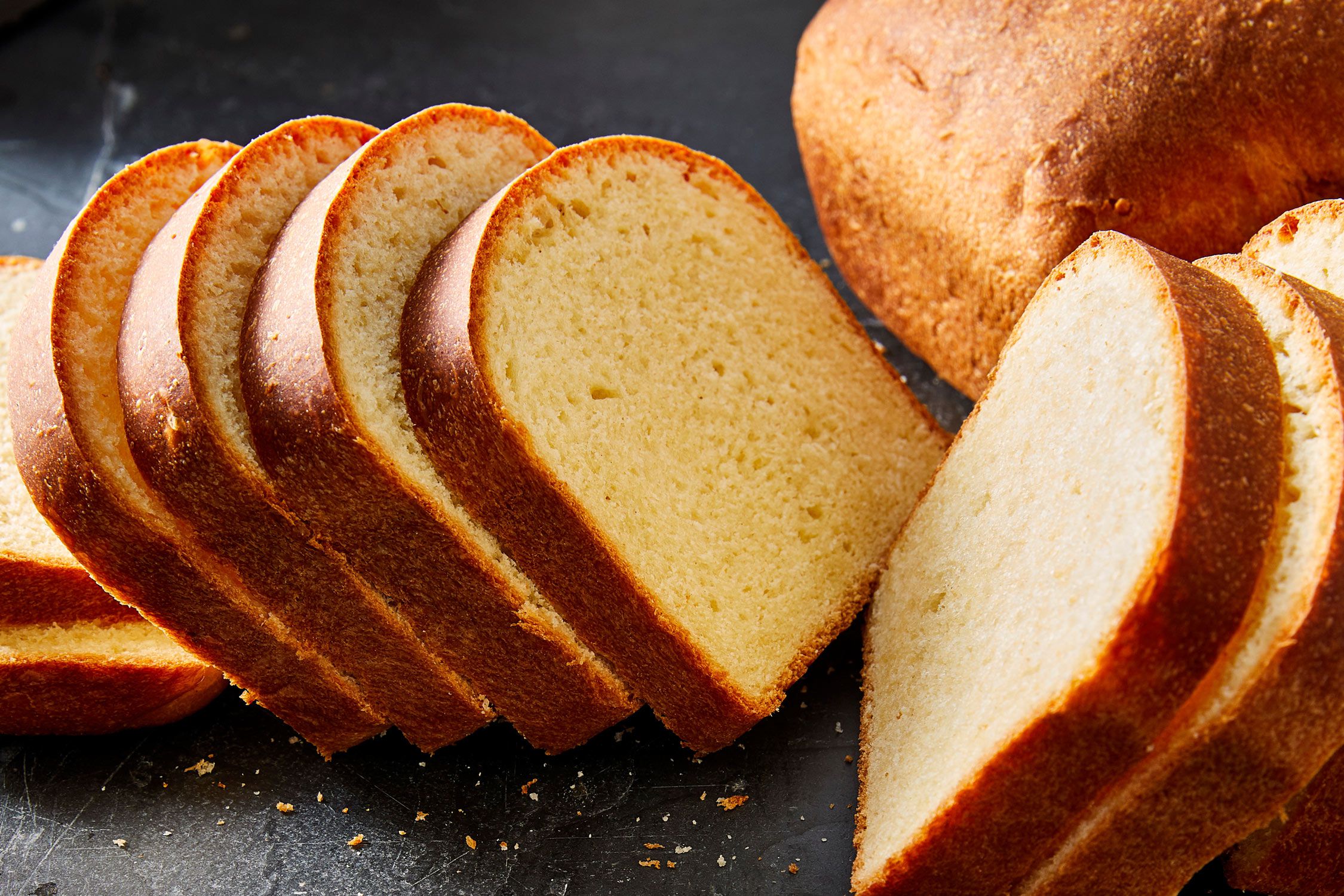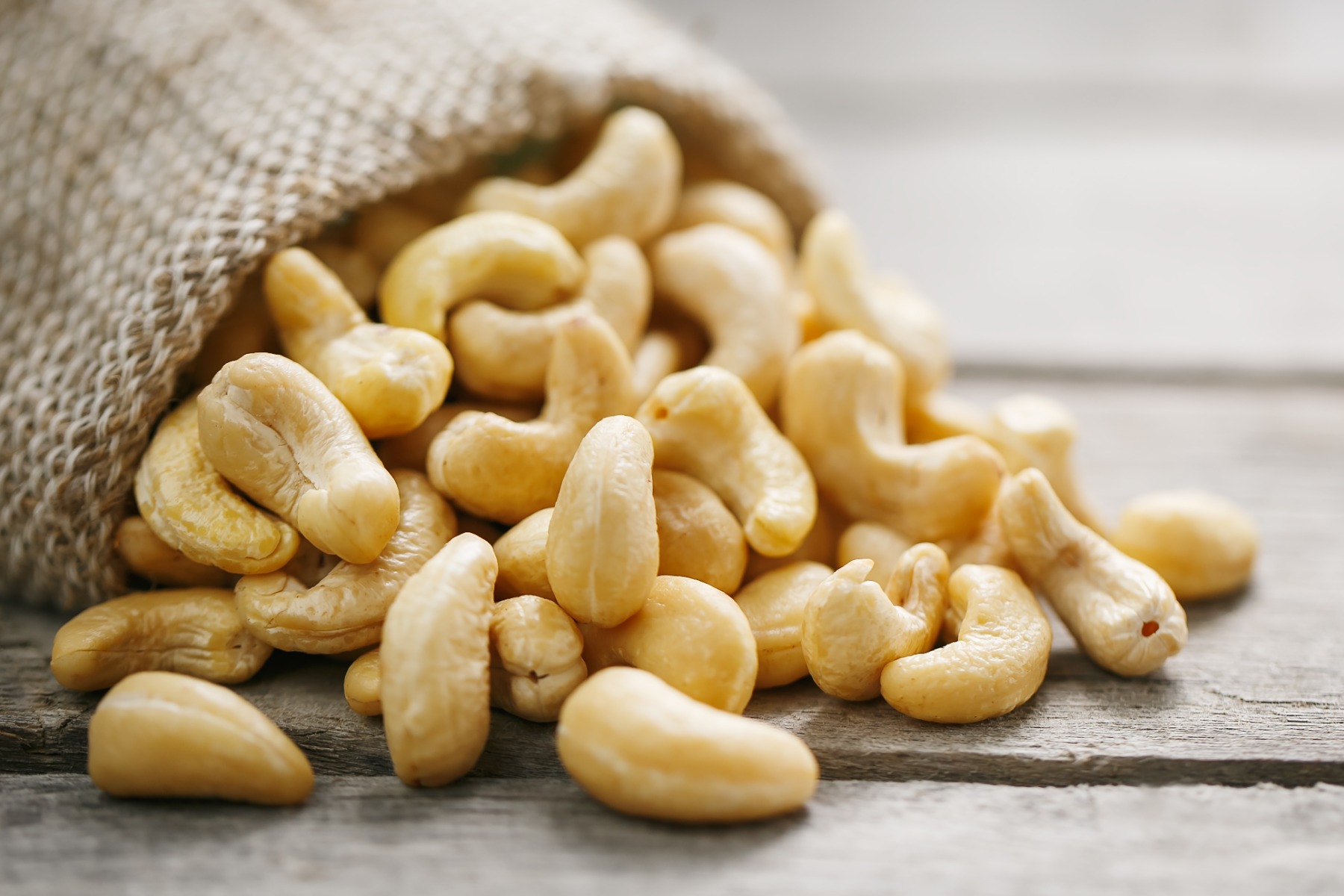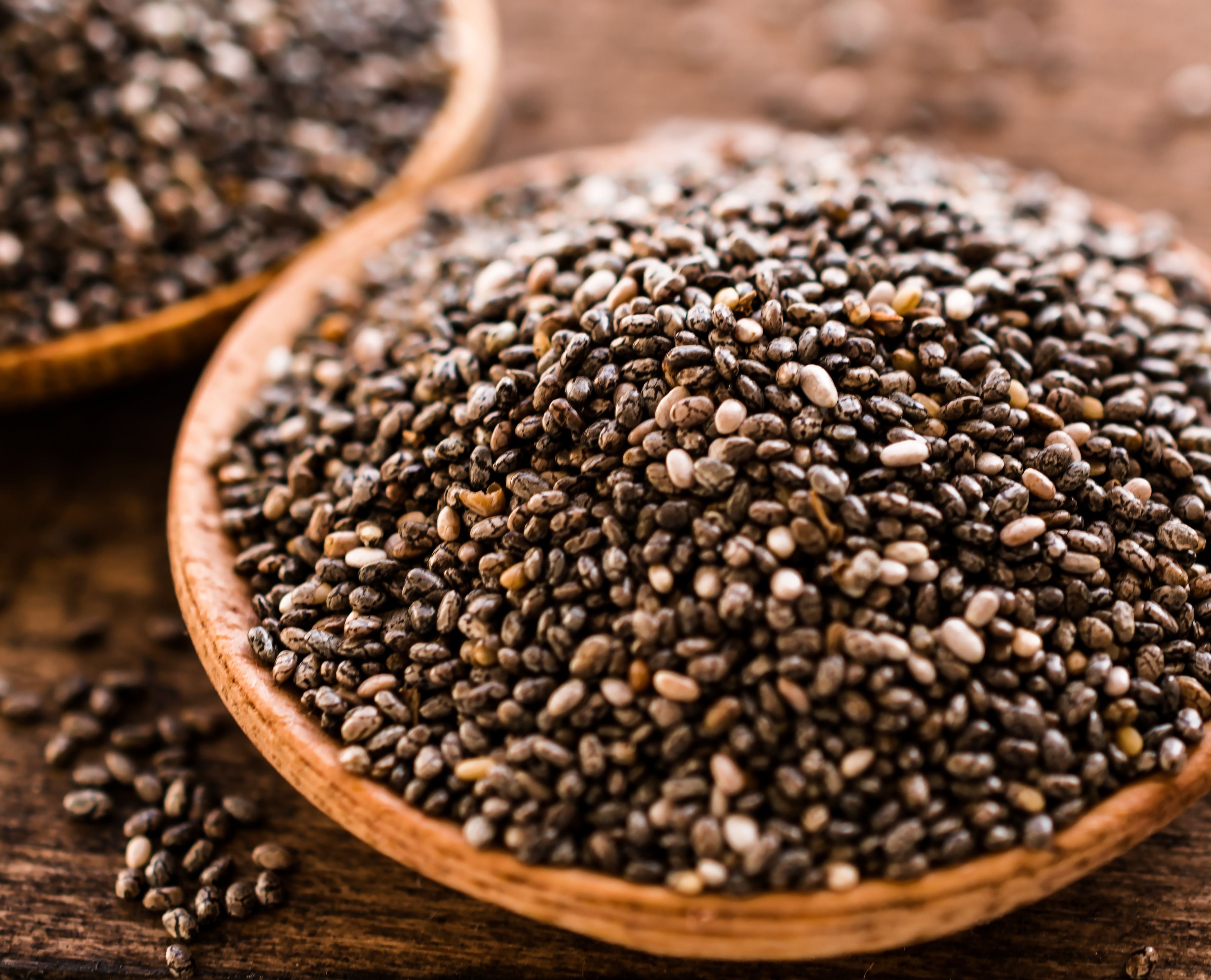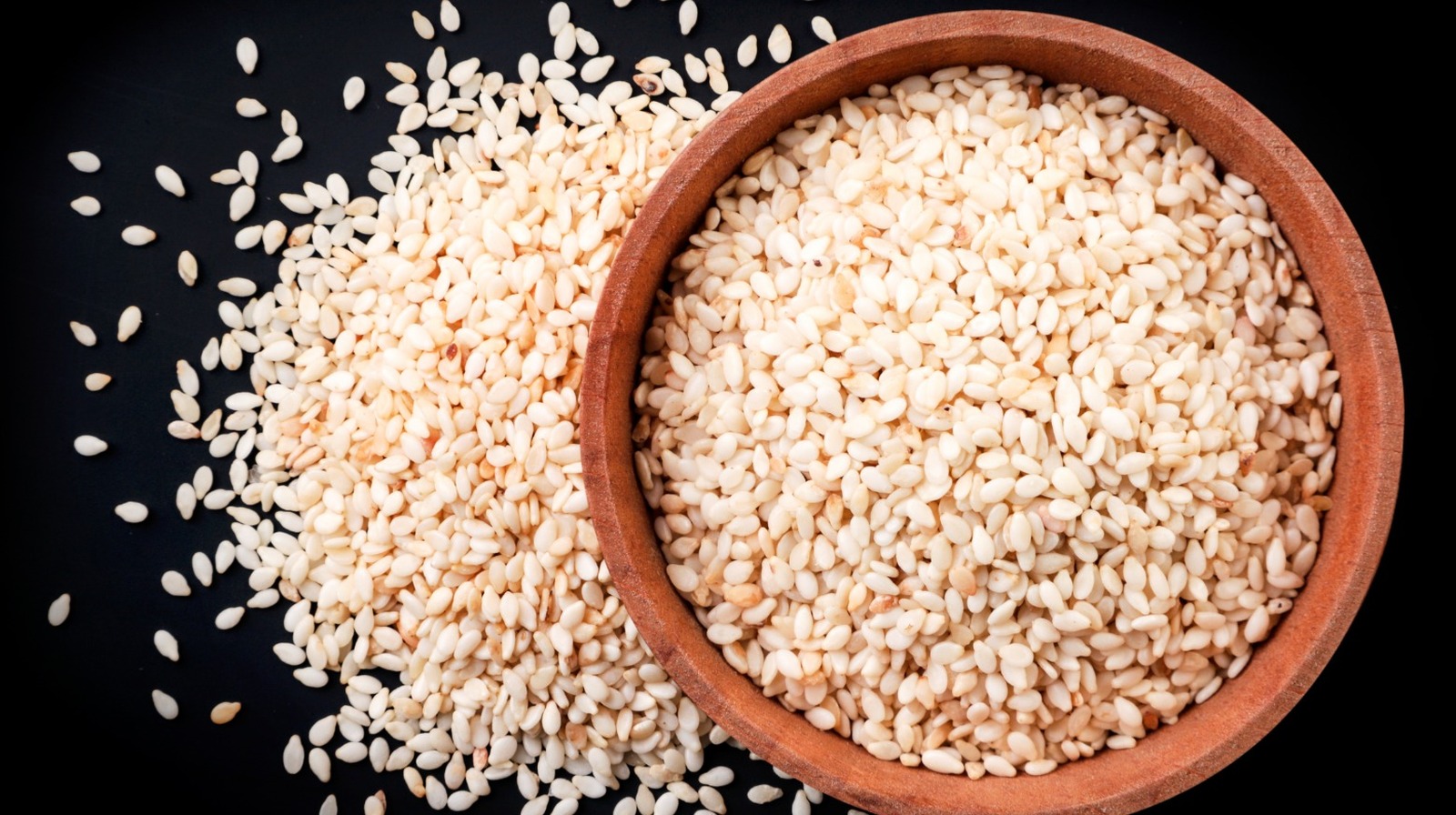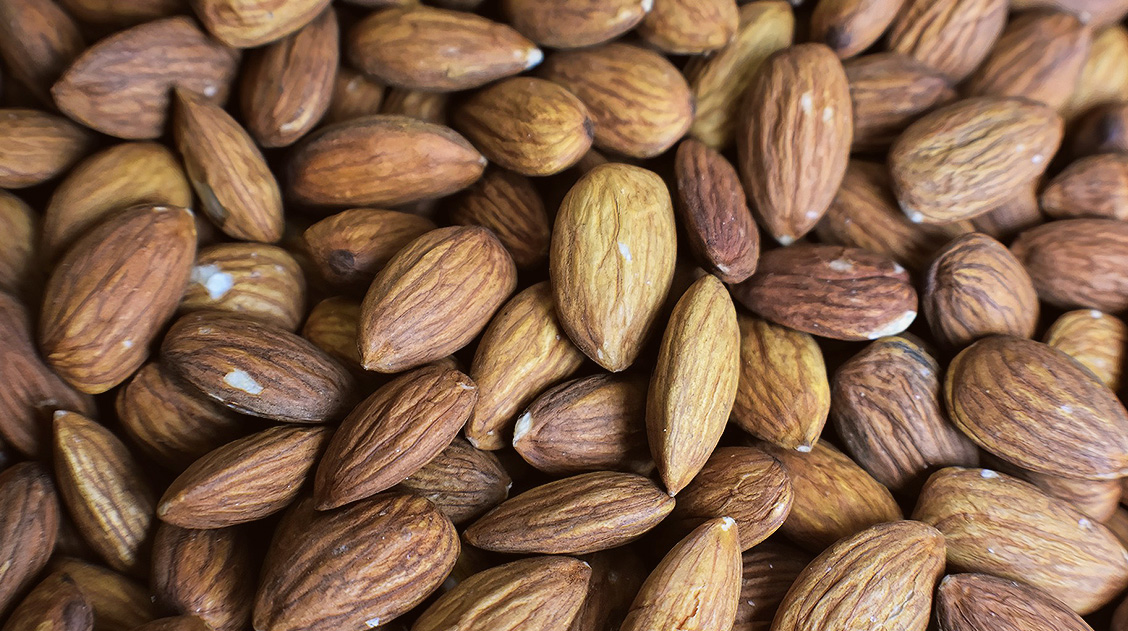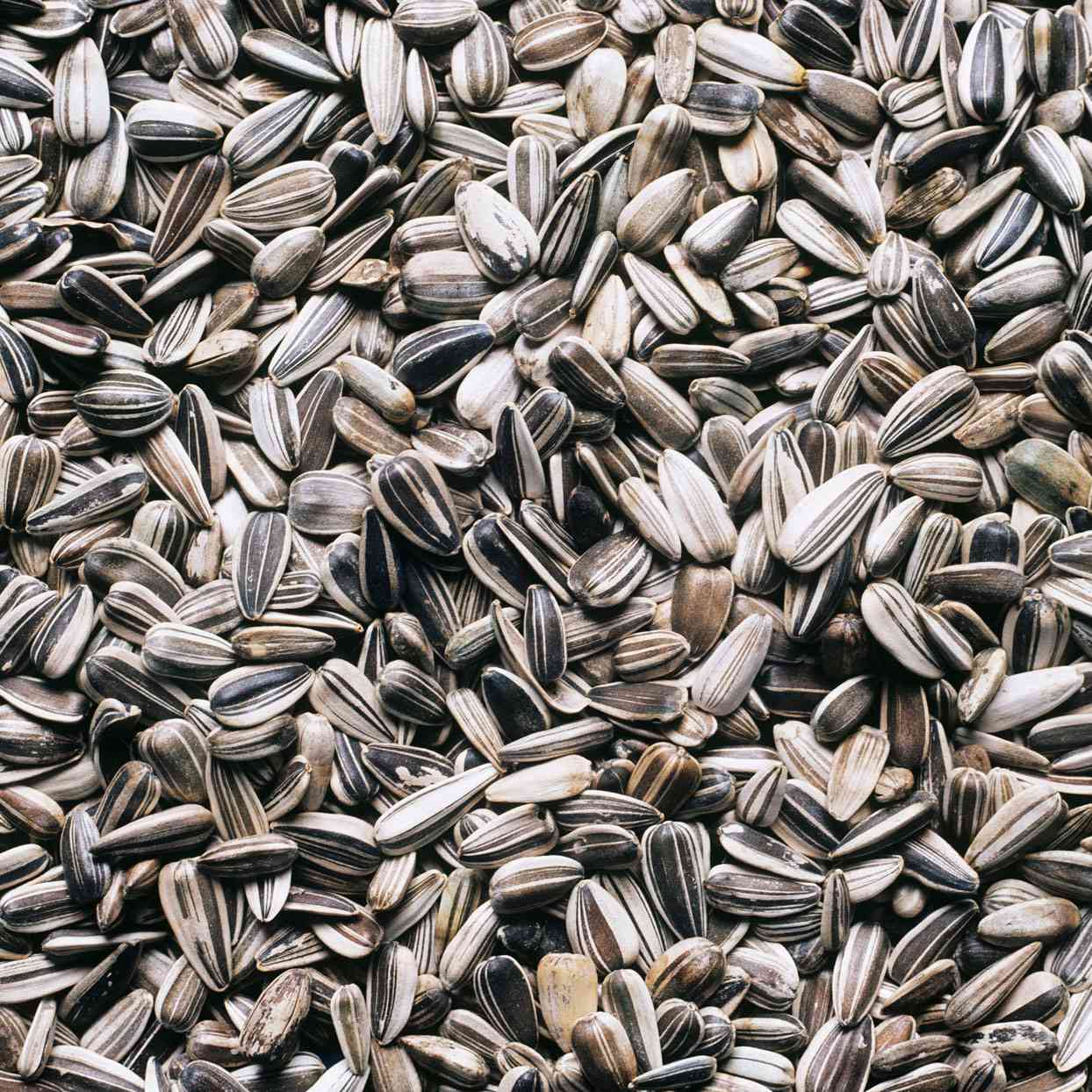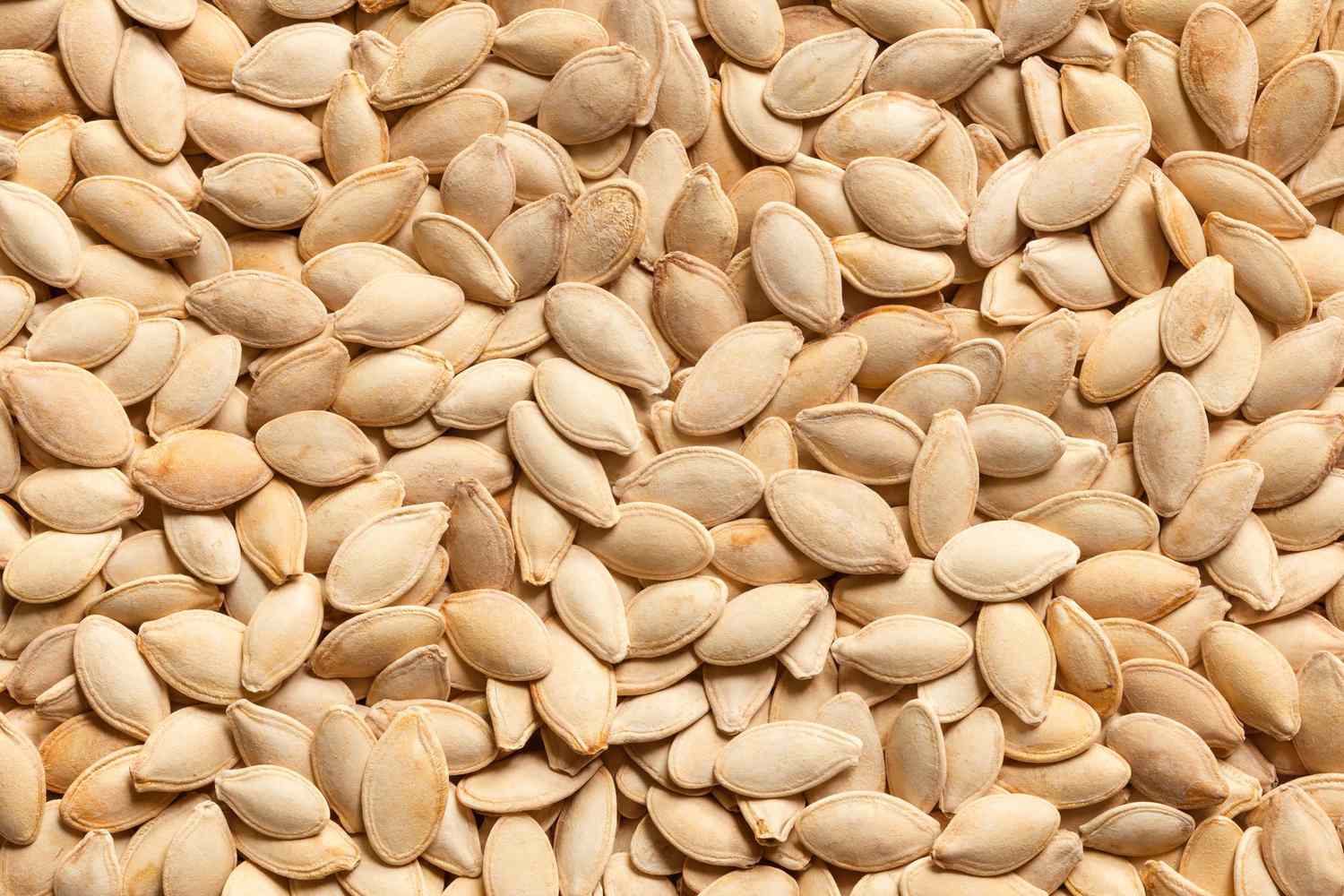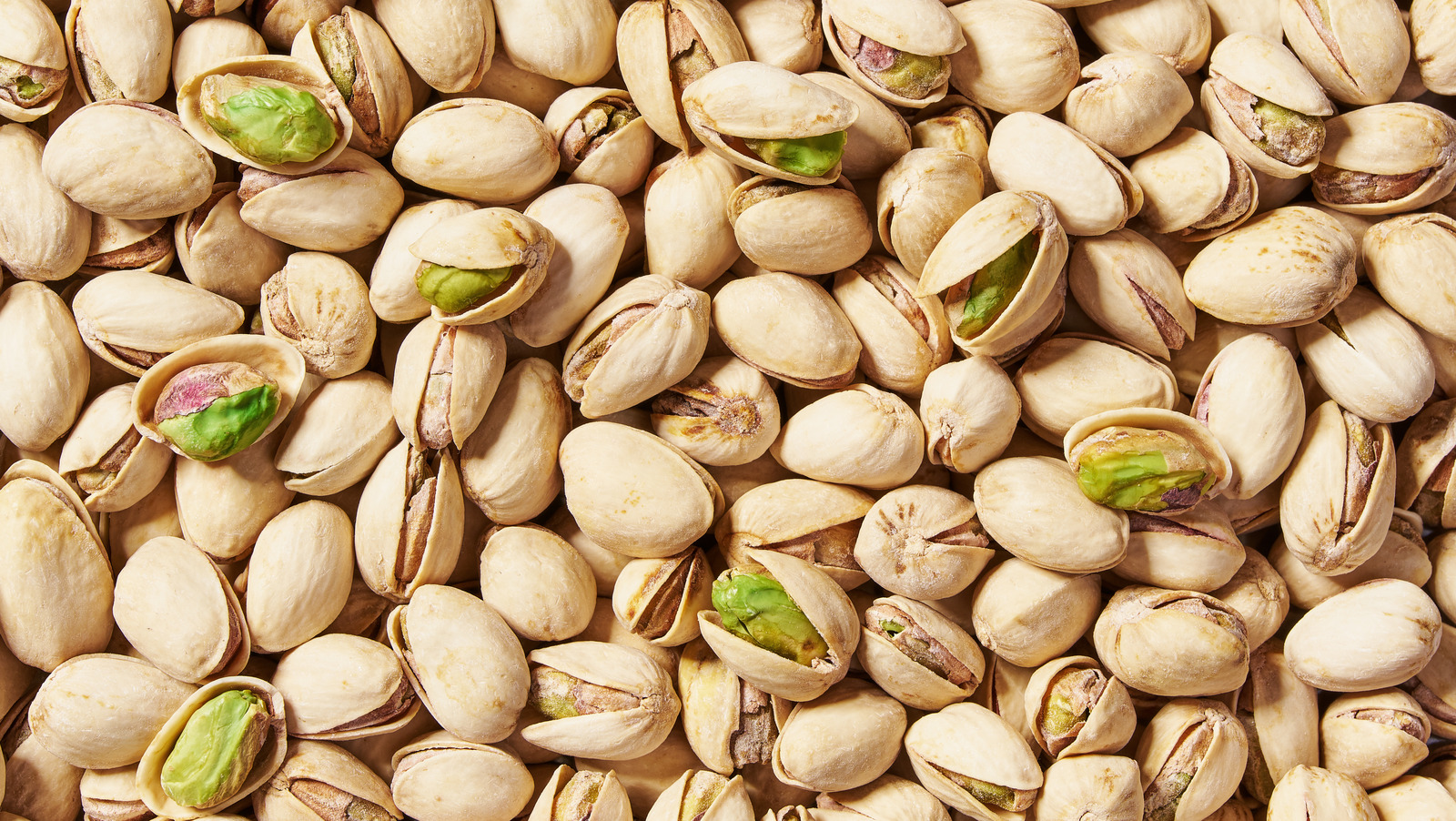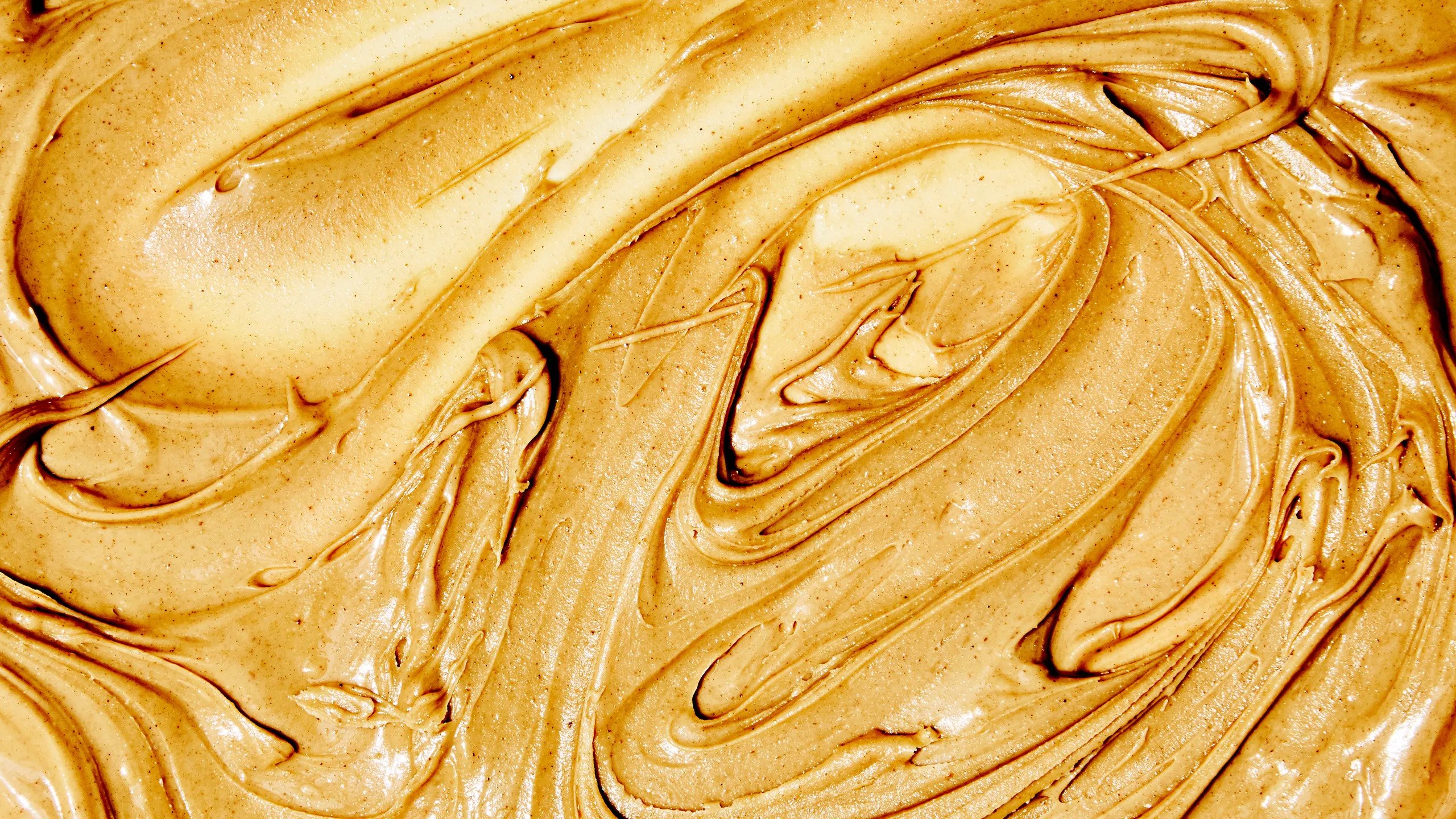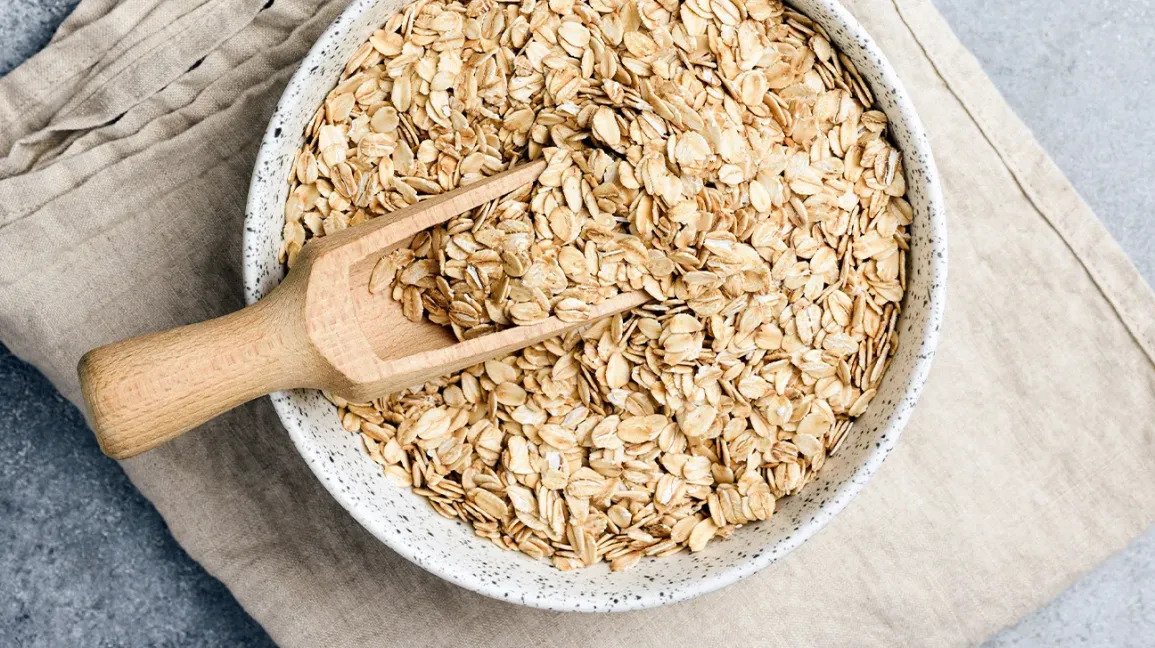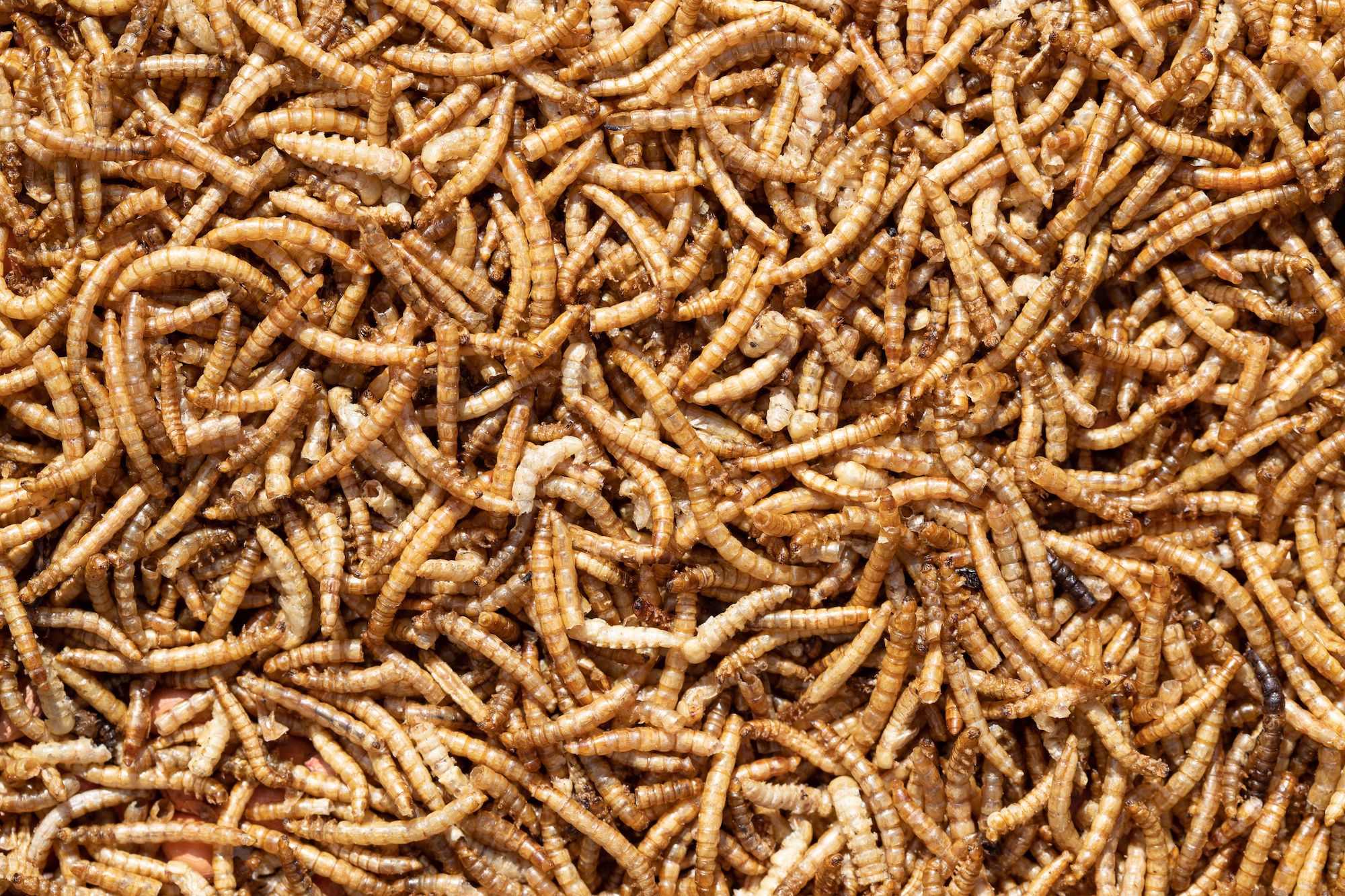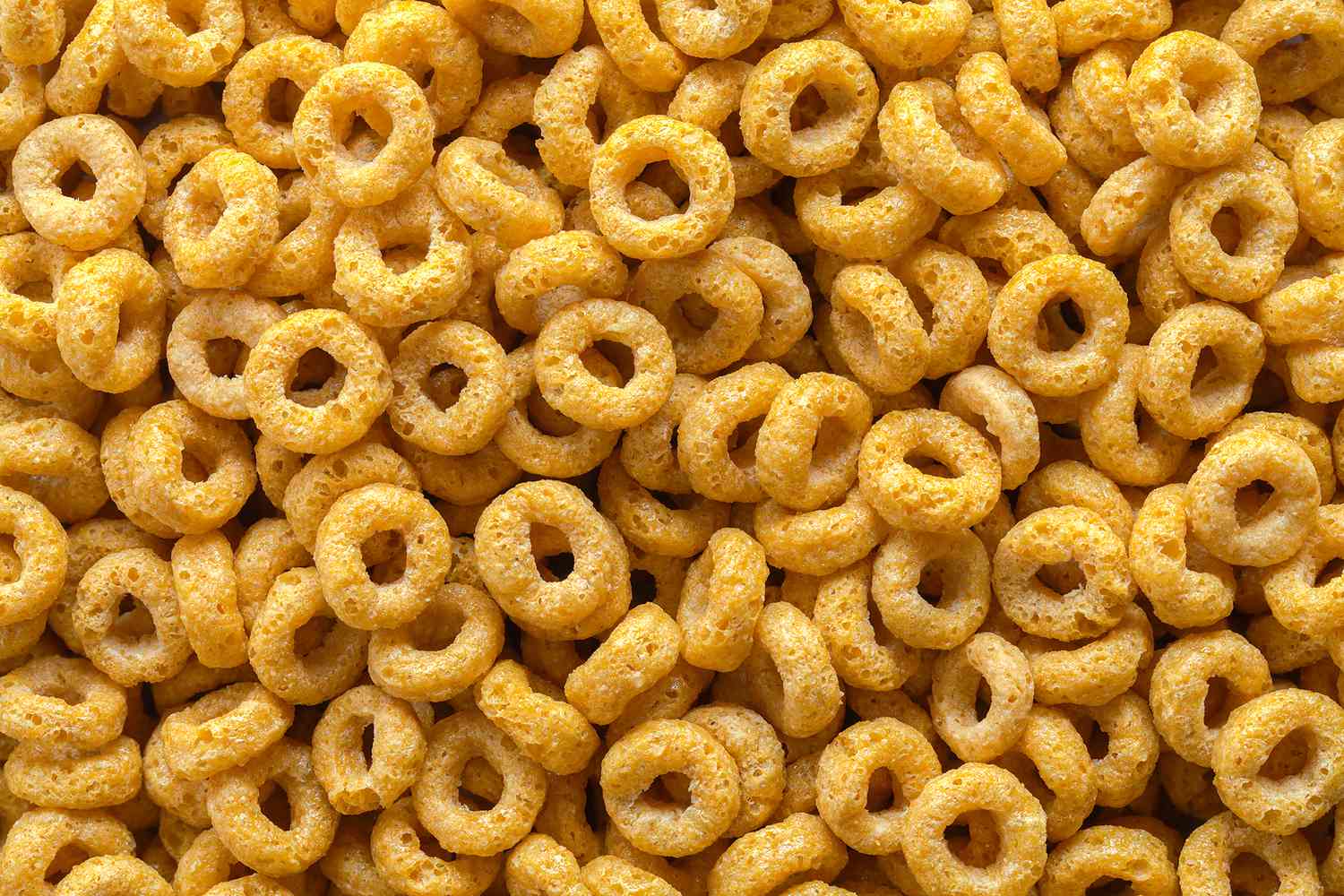What Can Lovebirds Eat? - Maintaining Good Health Tips
Lovebirds, originating from the genus Agapornis, encompass nine species of petite parrots exclusively found in Africa. Cherished for their sociability, intelligence, and vibrant personalities, lovebirds rank among the most beloved pet birds. In this article, we will provide a detailed explanation of the question, "What can lovebirds eat?"
Author:Maya ReyesReviewer:Sophia HarperNov 06, 202313.5K Shares250.6K Views
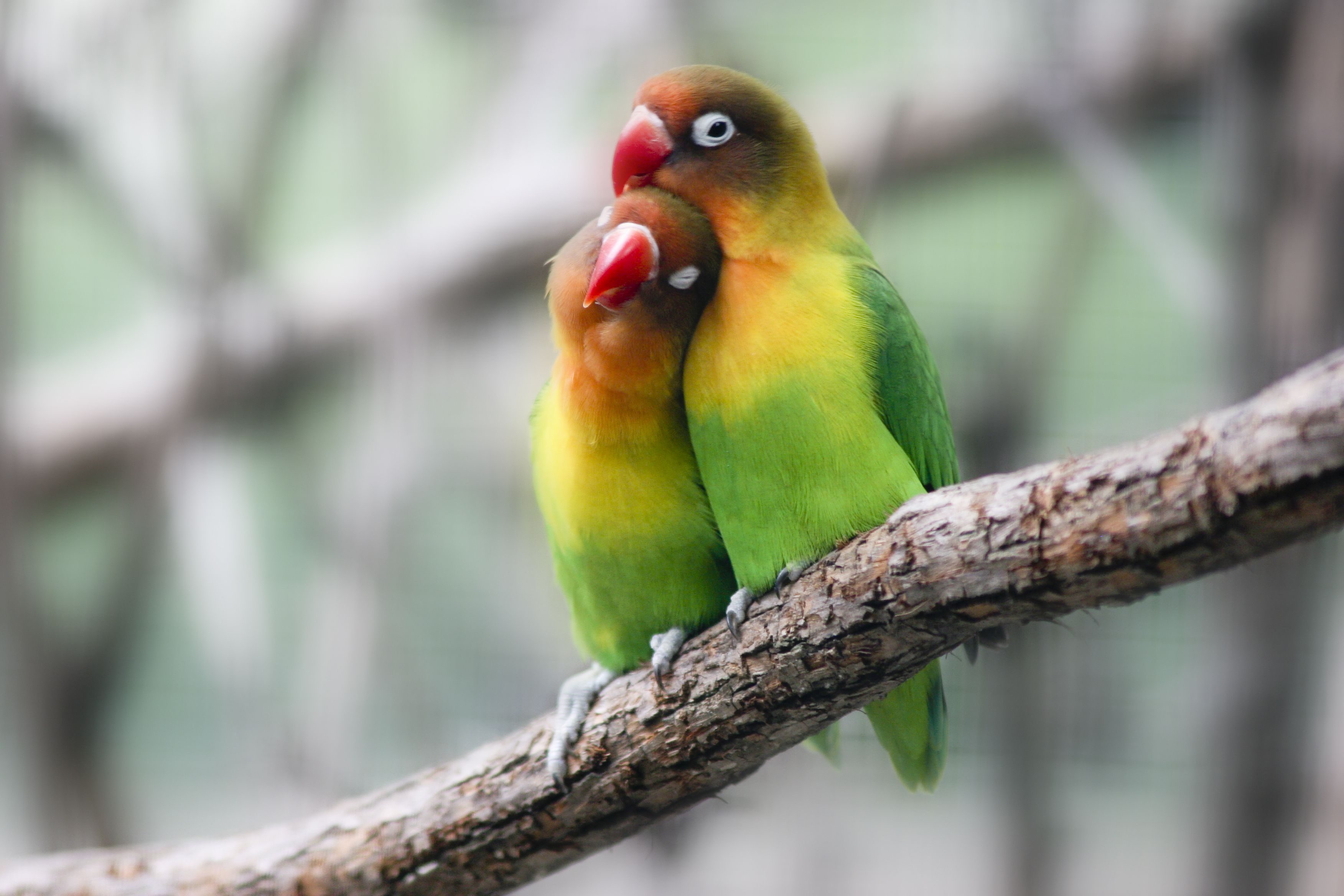
Lovebirds, originating from the genus Agapornis, encompass nine species of petite parrots exclusively found in Africa. Cherished for their sociability, intelligence, and vibrant personalities, lovebirds rank among the most beloved pet birds. In this article, we will provide a detailed explanation of the question, "What can lovebirds eat?"
In their natural habitat, nearly all lovebird species primarily subsist on a diet composed of seeds, fruits, buds, leaves, and various plant-based foods. A few species, such as the Black-cheeked and Black-winged lovebirds, incorporate small quantities of insects and invertebrates, including their larvae, into their diet.
The Rosy-faced lovebird, the most commonly kept pet lovebird, demonstrates dietary flexibility by consuming a range of foods, including fruits, grains, seeds, vegetables, and grasses. Here is a list of some of the foods that lovebirds can consume.
Rice
Lovebirds are inherently seed consumers, and rice falls into the category of grass seeds, making it a suitable addition to their diet. Your lovebird can indeed enjoy rice as a part of their meal! Simply steam or boil rice without adding salt and combine it with freshly chopped vegetables to create a nutritious lovebird lunch.
While white rice is an acceptable option, brown or black rice, often referred to as forbidden rice, are preferred choices. These rice varieties retain part of their husk, offering higher fiber content and additional nutrients compared to their white rice counterpart.
Boiled Eggs
While it may seem unconventional to include eggs in a bird's diet, they can be a valuable and nutritious supplement for your lovebird. Eggs can be served boiled, and it's perfectly fine to leave a portion of the eggshell intact, or they can be baked without the use of oil.
Typically, lovebirds don't require a significant amount of extra protein. Therefore, offering eggs once a week or on an occasional basis is usually sufficient. However, it's worth noting that broody females, during the process of producing their own eggs, may benefit from the additional nutrients provided by eggs.
Popcorn
While salted and buttered microwave popcorn is unquestionably unsuitable as a lovebird snack, plain popcorn, when prepared without these additives, can be a wholesome choice. Interestingly, certain parrot food brands even offer popcorn treats, sparing you the need to prepare your own.
For those who enjoy making homemade popcorn, you can set aside a few kernels to share with your bird. Ensure minimal use of oil during preparation and avoid the addition of fatty and salty seasonings. If you wish to introduce some flavor and color, consider a sprinkle of herbs, such as dried basil.
Walnuts
Certainly, it's permissible for your lovebird to consume walnuts. However, it's essential to exercise caution since nuts, in general, have a high-fat content, and overfeeding should be avoided. Nevertheless, walnuts are rich in various beneficial nutrients for your bird.
To mitigate the high fat content, you can take an unshelled walnut and break it in half, retaining the shell. Present this to your lovebird in this form. Your bird will need to engage in some effort to extract the edible portion, which not only offers mental stimulation but also helps burn off some of the calories while enjoying the treat.
Bread
In technical terms, lovebirds can consume bread without harm. However, it's important to note that many bread types, particularly white bread, offer minimal nutritional benefits for these birds.
Occasionally, you can offer small portions of whole-wheat bread to your lovebirds as a treat, but this should not become a routine practice. Although they may relish the crunchy texture of toast, it's important to remember that it is highly processed and lacks the necessary nutrition to serve as a staple in their diet.
Cashews
Your lovebirds may indeed have a fondness for cashews, but it's important to exercise moderation, as these nuts are rich in fat and should only be offered on an occasional basis. Moreover, when providing cashews to your birds, make sure they are raw and unsalted.
These can typically be obtained from your nearby health food store. Cashews do offer a range of essential nutrients for lovebirds, including iron, magnesium, vitamin K, and vitamin B6, as well as protein and fiber.
Chia Seeds
When preparing chia pudding, it's a good idea to share a few chia seeds with your lovebird. These seeds offer the same advantages to parrots as they do to humans. Given that lovebirds have a natural inclination to consume seeds, even the pickiest eaters among them are likely to embrace this addition.
If you prefer, your lovebird can also partake in soaked chia seeds. However, ensure that they are soaked in water or a sugar-free plant-based milk rather than cow's milk. Unsweetened fruit juice is another suitable option for soaking chia seeds for your lovebird.
Sesame Seeds
Incorporating sesame seeds into your lovebird's diet can be a beneficial choice. Simply sprinkle a small pinch of unsalted sesame seeds on their food to provide a valuable source of protein and healthy unsaturated fats. Both black and white sesame seeds are acceptable options.
However, it's crucial to emphasize moderation in their consumption. Sesame seeds contain a notable amount of fat, and excessive intake can lead to weight gain and, in the long run, obesity, a concern that frequently affects our avian companions.
Almonds
Almonds make a delightful treat for lovebirds, whether served raw or roasted, as long as they are unsalted. These nuts are rich in protein, calcium, and fiber.
Given their relatively high-fat content, it's advisable to chop almonds into smaller pieces for lovebirds. These tiny slivers can serve as training treats or simply as a gesture of affection to convey your love to your cherished bird.
Sunflower Seeds
If there's a single food that can entice your lovebird more than anything else, it's undoubtedly sunflower seeds. Lovebirds take immense pleasure in every aspect of these snacks, from the entertaining act of cracking the shells to the rich seed within.
You can certainly treat your lovebird to sunflower seeds as an occasional snack or for training purposes. However, refrain from making them a part of their regular diet due to their high-calorie content. It's important to steer clear of salted sunflower seeds to ensure the health and well-being of your beloved bird.
Pumpkin Seeds
Lovebirds can safely enjoy pumpkin seeds, just like unsalted sunflower seeds. However, it's important to acknowledge that these are high-fat treats and should not be a substantial part of their diet. Nevertheless, small pieces of pumpkin seeds can serve as excellent training treats.
To encourage foraging behavior, it's advisable to provide pumpkin seeds with the shell intact. In fact, if you happen to be preparing pumpkin at home, you can offer some of the "innards" (the stringy bits) along with the seeds mixed in. This combination is entirely safe for your lovebird to consume and adds a fun enrichment element to their diet.
Pistachios
Unsalted pistachios are a delightful choice for a small lovebird snack. Being high in fat, like all nuts, it's important to exercise restraint in their offering (no more than one at a time). However, they bring a wealth of essential micronutrients to the table.
Opting for unshelled pistachios is often a lovebird's preferred choice. This requires your bird to employ its robust beak to crack open the shell and access the delectable nut within. Not only does this engagement keep your lovebird occupied for longer, but it also replicates the foraging behavior they would display when seeking food in the wild.
Peanut Butter
Much like unsalted peanuts, lovebirds can also partake in peanut butter. In recent years, all-natural peanut butter has gained favor, providing a sugar-free, additive-free option that can be shared with your feathered companion.
It's crucial to remember that peanut butter is exceptionally rich in fat. Therefore, your lovebird should only have a minute amount, no larger than a pea, on an occasional basis. You can apply it to fresh fruits and vegetables to entice your bird to explore new tastes or use small quantities as rewards during training sessions.
Oatmeal
Oats and oatmeal come in various forms, including dried, prepared, rolled, and steel-cut, and the good news is that nearly all of them are suitable for lovebirds to consume. You can certainly sprinkle a bit of oats over your bird's daily meals, such as chops or other dishes.
If you decide to offer prepared oatmeal, it's essential to make it with water or unsweetened plant-based milk, steering clear of cow's milk. It's also important to ensure your lovebird cleans its beak after eating, as dried oatmeal can be quite challenging to remove once it dries up.
Mealworms
Mealworms are often associated with being food for cold-blooded reptilian pets. However, it may come as a surprise that parrots, including your lovebird, can also partake in them. Wild parrots have a natural inclination to seize any bugs they encounter, so offering your lovebird a fresh or freeze-dried mealworm or two for exploration can be a stimulating experience.
While it's uncommon, some suggest crushing the heads of live mealworms before feeding them to ensure your lovebird's comfort. Although the likelihood of a mealworm biting your lovebird's tongue is quite low, using tweezers to do so can provide extra assurance if you wish.
Cereal
Feeding your lovebird cereal depends on the type you have available. While your bird won't suffer any harm from consuming a Froot Loop, sharing half a loop shouldn't pose any issues. However, it's worth noting that sugary cereals like this are not the optimal choice for them.
If you prefer more natural cereal brands, such as sugar-free cornflakes or low-sugar options like Weetabix, your lovebird can enjoy some for breakfast alongside you. Be sure to scrutinize the ingredient list to confirm there's minimal to no added sugar and no sugar substitutes included.
Unsafe Foods For Lovebirds
Cheese
Cheese is not a suitable choice for lovebirds. In the majority of instances, its consumption can result in an upset stomach, causing your bird to become irritable and, in some cases, even leading to diarrhea.
Soft cheeses, in particular, contain a sugar known as lactose, which, like many humans, lovebirds have difficulty digesting properly. Furthermore, cheese is high in salt and sodium, potentially causing electrolyte imbalances and dehydration in lovebirds and other parrots.
Honey
Regrettably, honey, particularly raw honey, can pose a danger to lovebirds. Raw and unprocessed honey may carry Clostridium botulinum, a bacterium that can trigger botulism in birds. Botulism is a severe respiratory ailment that frequently results in fatalities, making it advisable to avoid offering honey to lovebirds and opt for alternative treats.
Chocolate
It's important to refrain from sharing chocolate with your lovebird. Chocolate, like most pets, is toxic to them due to the presence of a compound called theobromine. This substance is found at particularly elevated levels in dark chocolate.
In contrast to many unsafe foods that may lead to upset stomachs, chocolate can actually prove fatal to your lovebird. To ensure the well-being of your feathered friend, it's essential to keep chocolate away from their reach at all times.
Meat
Lovebirds, although technically classified as omnivores, which means they can consume both plant-based and animal-based foods, predominantly have a herbivorous diet in their natural habitat, meaning they primarily eat plant-based foods.
In instances where there is a need to augment their protein intake, such as for a laying bird requiring extra nutrients, a small portion of boiled egg or a few freeze-dried mealworms should be adequate when incorporated into their daily diet.
In their natural habitat, nearly all lovebird species primarily subsist on a diet composed of seeds, fruits, buds, leaves, and various plant-based foods. A few species, such as the Black-cheeked and Black-winged lovebirds, incorporate small quantities of insects and invertebrates, including their larvae, into their diet.
The Rosy-faced lovebird, the most commonly kept pet lovebird, demonstrates dietary flexibility by consuming a range of foods, including fruits, grains, seeds, vegetables, and grasses. Here is a list of some of the foods that lovebirds can consume.
People Also Ask
What Do Lovebirds Eat Daily?
In the wild, lovebirds feed on seeds, berries, fruits, grains, grasses, leaf buds, and agricultural crops of corn, maize, and figs. A lovebird's diet will consist of 1 1/2 to 2 ounces (45-60 grams) of feed daily for a single bird.
What Fruit And Veg Can A Lovebird Eat?
Seed lacks important vitamins and minerals so their daily diet should be supplemented with small portions of fresh fruit and vegetables such as apples, carrots, beans, peas, corn, broccoli, and spinach. Never feed your Lovebirds lettuce or avocado, and always remove the seeds from apples.
What Is Harmful To Lovebirds?
Your lovebird's digestive system is completely different than your own. Therefore, it cannot eat certain types of food. Some can even be toxic to your lovebirds, like alcohol, chocolate, and avocado. Content. Fruit and fruit seeds or pits that are toxic for a lovebird.
Conclusion
The dietary choices of lovebirds play a pivotal role in maintaining their overall well-being and health. Understanding what lovebirds can eat is essential to ensuring these charming and intelligent birds thrive in captivity. By offering a balanced array of suitable foods, from fresh fruits and vegetables to carefully selected nuts and seeds, lovebird owners can contribute to their pets' vitality and longevity. Remember, moderation and a variety of nutritious options are key to keeping lovebirds content, active, and in the best of health.

Maya Reyes
Author
Maya Reyes’s wanderlust was sparked in the temples of Luang Prabang, where the scent of lemongrass and the chants of monks revealed the transformative power of travel.
Since then, her journey has been defined by cultural immersion and authentic connections. From learning batik in Indonesia to sharing meals with nomadic families in Mongolia, Maya seeks experiences that highlight the human stories behind each destination.
Travel for her is a way to weave her narrative into the world’s cultural tapestry, creating bridges across diverse ways of life. Maya has traveled to 15 countries and shares her insights through writing and storytelling.

Sophia Harper
Reviewer
Sophia Harper’s photography acts as a portal to the soul of the places she visits. Drawn to South America’s landscapes and cultures, she has spent years capturing everything from the majesty of ancient ruins to the vibrancy of urban streets.
Sophia’s work isn’t just about documenting moments; it’s about evoking the emotions and stories behind them. A dedicated photographer, she has worked with local communities across South America to capture their rich cultural narratives through her lens.
Latest Articles
Popular Articles
